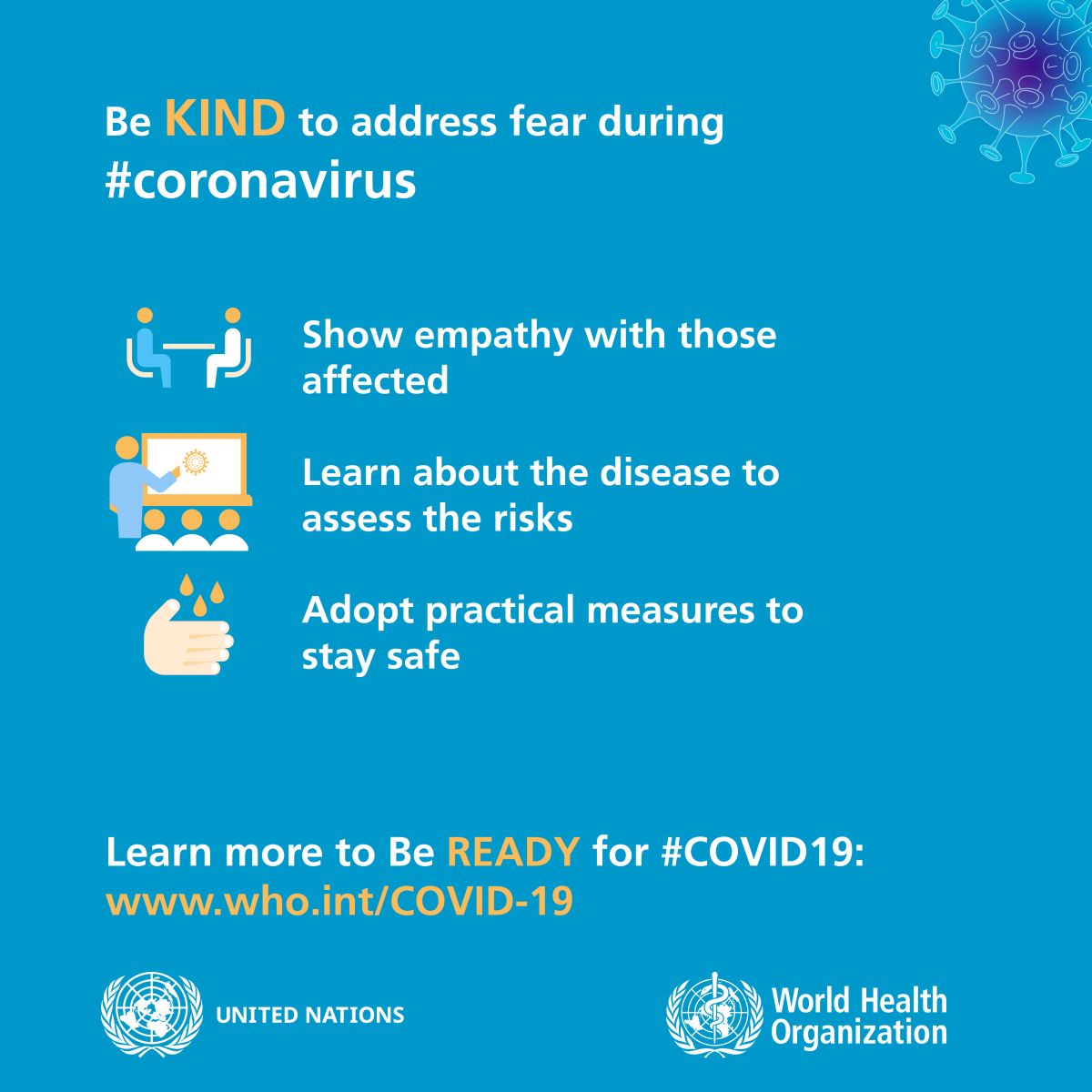It is frightening to see the world responding to the Covid-19 Crisis. Many countries are realising that they have not acted soon enough, or firmly enough, and have seen their number of cases and deaths rise. We share deep concerns for what this means for people everywhere, but particularly those who are the most vulnerable: how can you self-isolate when you don’t have a home to go to? Or if you share your living space with a large extended family? Or if you need to go to the clinic each day to have a health worker observe you taking your tuberculosis treatment? It is clear there are difficult days ahead for millions of people, and it’s important that we all do all we can to help.
One of the few tools we have to fight Covid is called ‘social distancing’. If you’re in the UK, you heard Prime Minister Boris Johnson change the UK’s approach to fighting the disease on Monday the 16th by calling for widespread adoption of social distancing. He said:
“Now is the time for everyone to stop non-essential contact with others and to stop all unnecessary travel. We need people to start working from home where they possibly can. And you should avoid pubs, clubs, theatres and other such social venues.”
It seems RESULTS UK was slightly ahead of the curve as our staff began working from home that very morning. While a lot of advocacy work is about building relationships, and while there is no better way to do that that than meet face to face, RESULTS is lucky that so much of our work can be done remotely, especially when we are supported by the right technology.
That said, there is a lot that is incredibly challenging about implementing social distancing. Human beings are social animals, and being isolated or alone has always been one of the worst punishments we can inflict on each other. As we enter into a period where social distancing will be deployed around the world, we would do well to remember this. It’s more important than ever that we stay connected to one another, to support one another, and to stand in solidarity with one another. Or, to put it another way, call your parents, today.

Which brings me to one of the central paradoxes of social distancing. A month or two ago, if I’d have seen a person in a face mask out in public, or learned of someone who worked from home even though they felt well, I might have thought “Look at that selfish person, just looking to protect themselves, who do they think they are?!” Now, it is incredibly clear that people who are practicing social distancing are not being selfish: they are being heroic, putting themselves through the hardship of increased isolation in order to keep other people safe.
Social distancing isn’t about you: it’s about everyone else. It’s an act of powerful solidarity.
We should call things by their true names: what the world is being asked to do now is not really social isolation: it might be physical isolation, but it’s social solidarity.
We are going to need that solidarity more and more in the coming weeks and months. Your biggest concerns now, rightly, might be about how your daily behaviour affects those in your house, your street, or your town: but just as disease know no borders, I hope that this terrible crisis helps us to understand how to extend that same social solidarity to all people around the world. Lives depend on it.